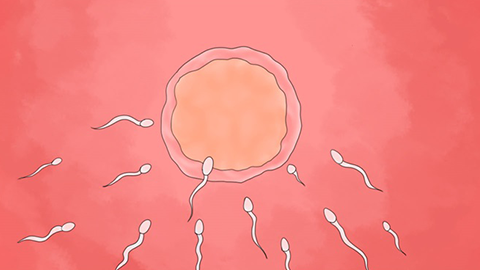Is a fertilized egg a cell?
Under normal circumstances, a zygote is a cell and represents a significant single-cell structure in human development. Detailed analysis is as follows:

Cells are the fundamental units of life activities, possessing basic structures such as a cell membrane, cytoplasm, and a cell nucleus, enabling them to independently carry out certain life processes. A zygote fully meets these criteria, having a complete cell membrane enclosing its contents, cytoplasm containing organelles necessary for sustaining life activities, and a cell nucleus carrying genetic material from both parents. This genetic material determines the basic traits of the individual. Additionally, the zygote can undergo self-division, marking the first step in the development of life.
A zygote is formed by the combination of a sperm cell and an egg cell, a process known as fertilization. After fertilization, the single zygote continuously undergoes cell division, gradually developing into a multicellular embryo, and further into a fetus. Throughout this entire process, the zygote always maintains the basic cellular form and represents the key cellular stage at the beginning of individual life.







